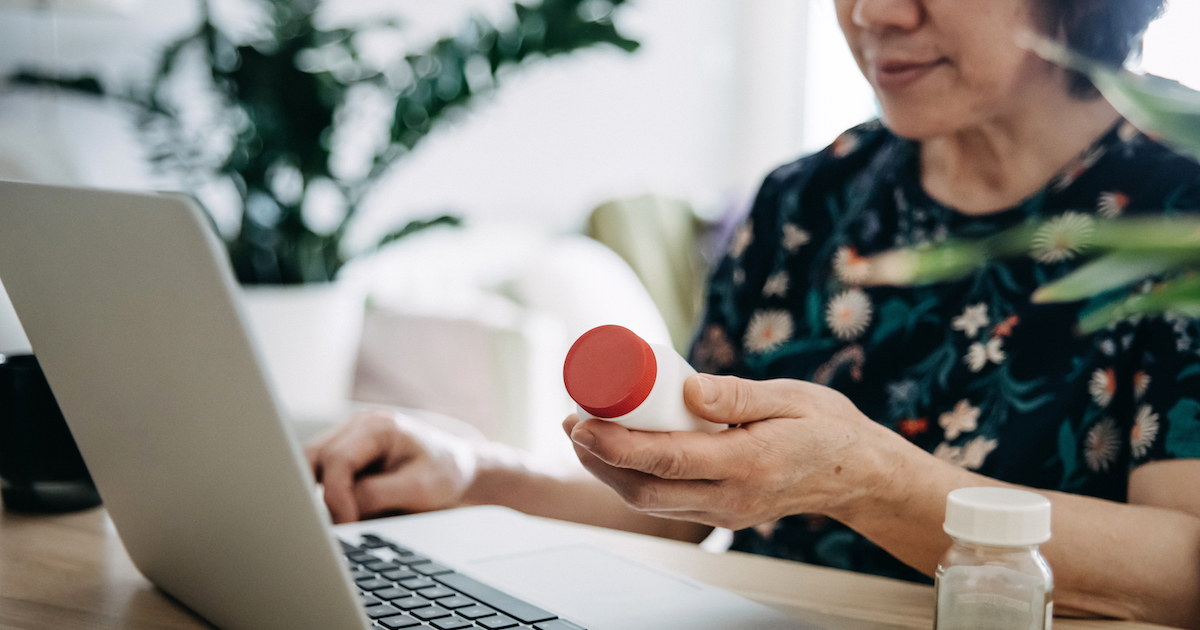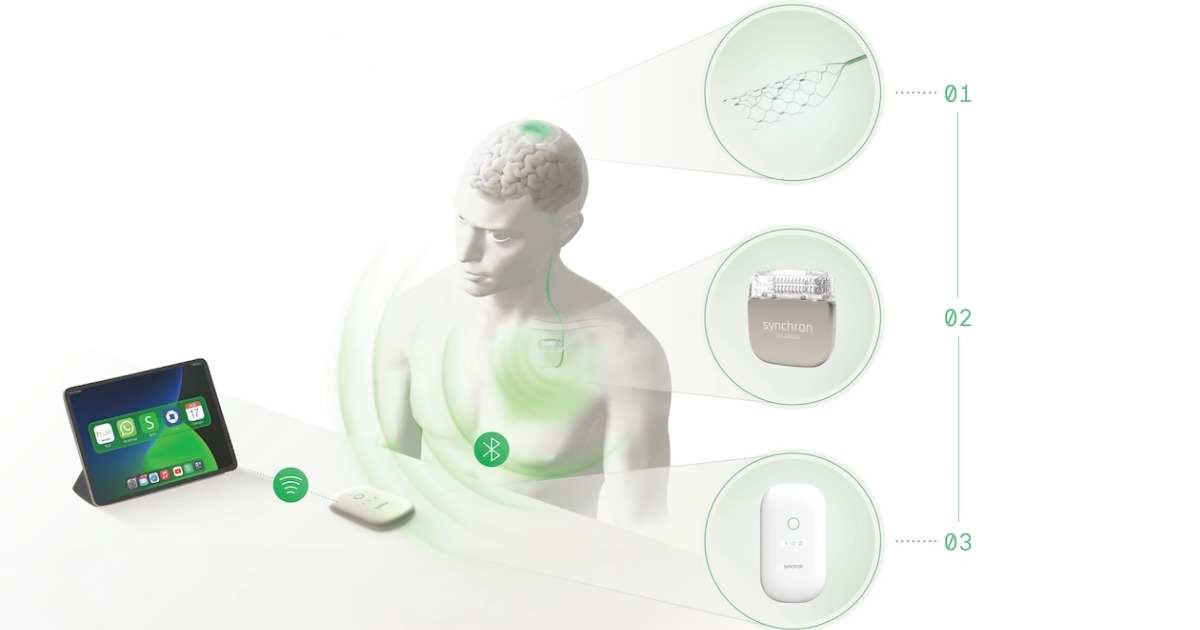Applications that allow consumers to rate their doctors or healthcare experiences are all the rage these days, but are they of value to the providers or is this just an Angie's List for healthcare?
Edward Shin, MD, CEO and co-founder of Quality Reviews, which produces the RateMyHospital app, says providers – from individual doctors to health system administrators – are slowly learning how to make use of these services. In fact, some systems are hiring so-called "patient experience officers" who are specifically charged with analyzing reviews.
With consumer engagement one of the key catchphrases these days and HCAHPS (Hospital Consumer Assessment of Healthcare Providers and Systems) scores figuring into federal reimbursement rates, it's important to know when you're doing a good job and when there's room for improvement. Healthcare is fast becoming a consumer-driven industry, and reviews are becoming a valuable commodity. Adding mHealth to the equation, the faster you learn about a problem and correct it, the better chance you have of getting a positive review.
New York-based Quality Reviews creates an analytics platform that allows health systems to see real-time patient satisfaction and demographic data. Like so many others in the space, RateMyHospital relies on feedback provided by the patients, often using mobile devices at the point of care or shortly thereafter to fill out surveys.
"Doctors really do gravitate to this data," said Shin, who will demonstrate his app at a special event on Thursday, Dec. 4, in New York City as part of the New York Digital Health Accelerator's showcase of cutting-edge technology products. "I think they feel like this is a more even playing field."
Now Shin is setting his sights on a physician-facing product, one that would enable doctors to rate their colleagues. The closed peer-to-peer system would allow for constructive feedback, he said, and present a more complete picture of the doctor. It would also help in building a physician profile page.
The challenge, Shin explained, is in separating the constructive comments from those just looking to vent their anger or damage someone's reputation. It's a problem that has plagued other industries, like airlines, restaurants, lodging and event planning. That's why platforms like RateMyHospital work best with specifically worded surveys and lots of responses. Add peer reviews, Shin said, and you have a more complete picture.
In addition, Shin pointed out that patient experiences are different for each segment of the healthcare chain – an oncology visit isn't the same as an ER visit or an inpatient visit. Expectations are different, and it's important to balance out patient perceptions with what can and should be happening during the visits.
That's the next phase of the patient experience routine: figuring out how to balance subjective and objective data.
"Doctors don't necessarily want anecdotes – they want real data," Shin said. "This is real. This is something I can use. This is something that I can consume and then trust as real data."


